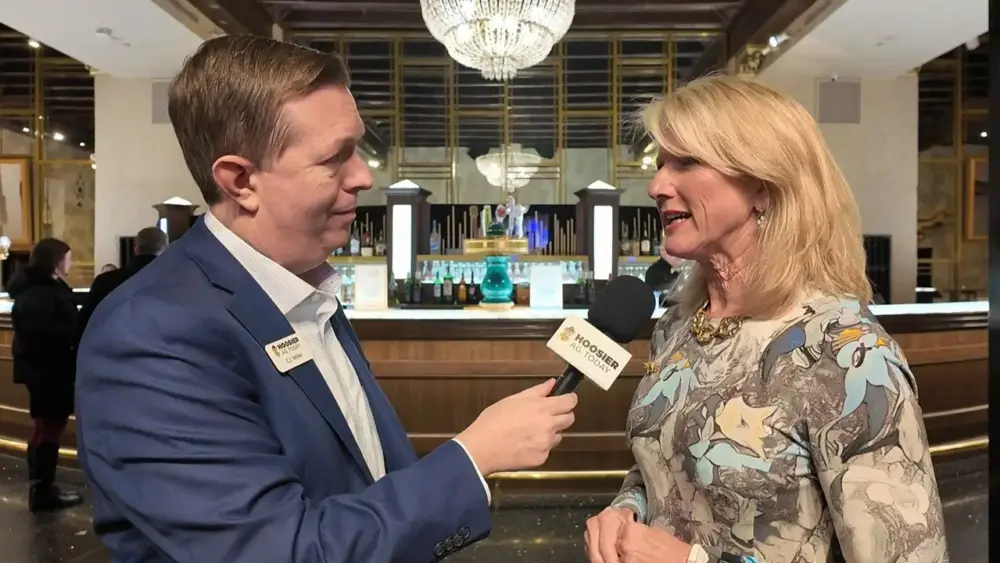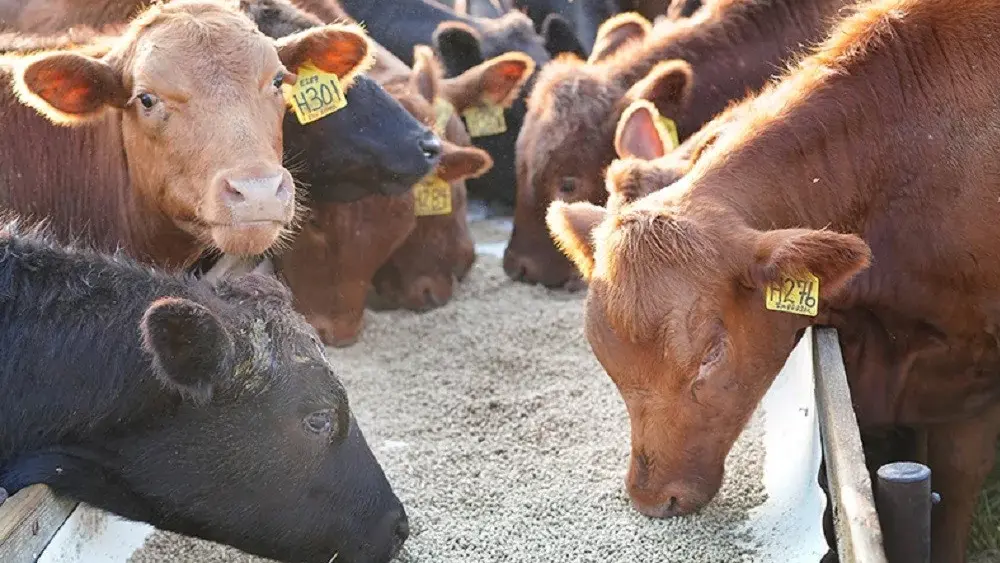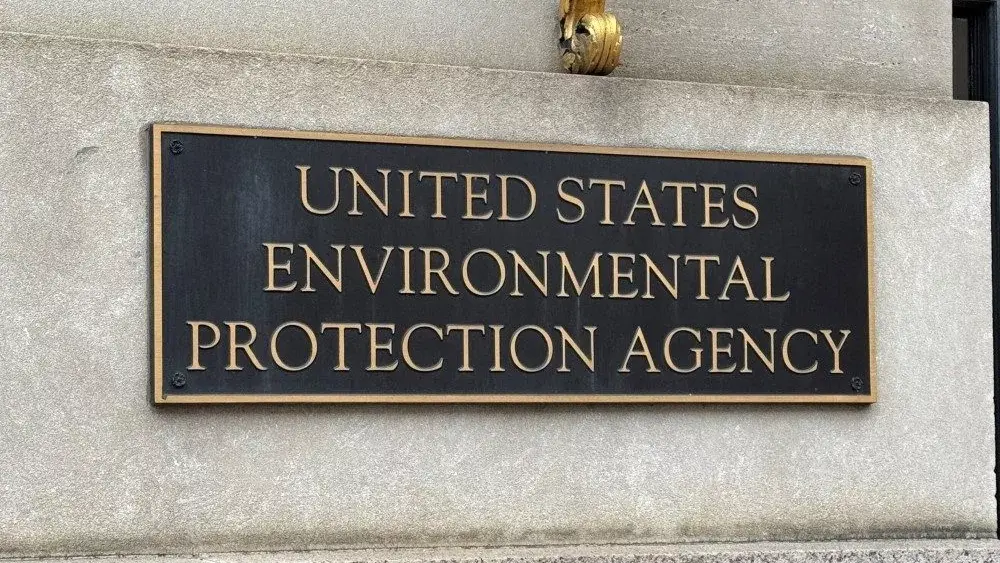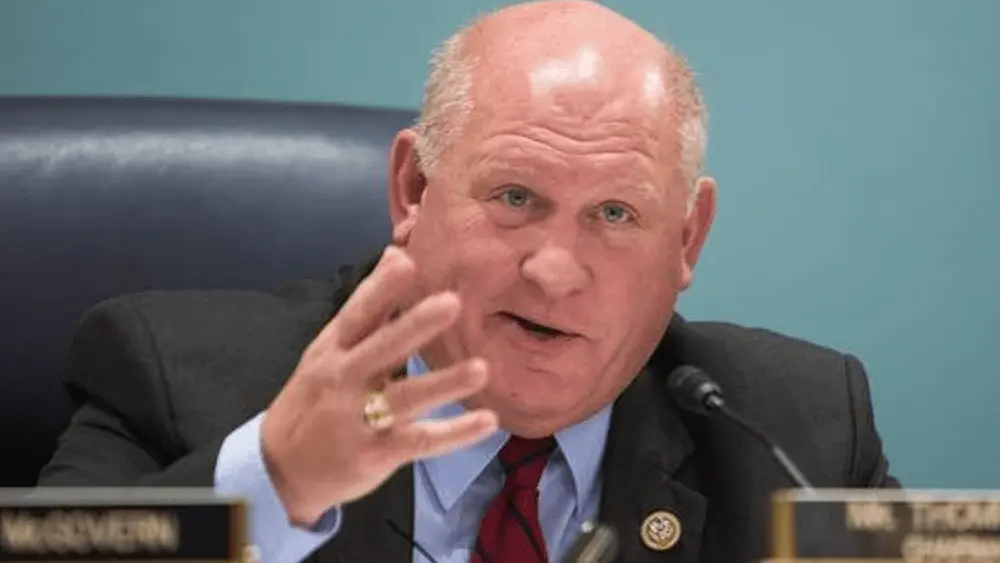
There’s a stark contrast between old and new energy when you drive through Rosebush, Michigan. In the foreground you can see oil wells. In the background, nearly 580-foot-tall wind turbines.
Bob Walton of Walton Farms is leasing some of his ground for Michigan’s largest wind farm in Isabella County.
“Our first opinion was ‘How could we stop this? Do we really want this?’” says Walton. “After visiting some of our other wind farms and talking to the farmers involved, it became more enticing, more interesting to us. It multiplied from there. The cool thing about this is if you don’t want a windmill, you don’t have to lease. Our lease is called a good neighbor lease, which means you don’t have to have a windmill on your property to get a share of the revenue.”
Isabella Wind was developed by Apex Clean Energy and is now owned by DTE Energy. Walton says wind turbines aren’t the complete answer to the energy situation, but he says they’re another way to diversify his farm.

“The thing about a windmill is they take up a lot less area than a residence,” he says. “They’re the best neighbor I’ve ever had—they don’t complain about our dust, our noise. They don’t complain if we spread manure. They just keep turning and we keep going.”
There are several arguments against wind turbines, such as the noise and the aesthetic impacts.
“As far as changing the scenery, people think it’s ruining their landscape,” says Walton. “For someone my age, my idea of the perfect landscape was a hip roof barn, a 12’ by 30’ silo and 15 to 20 cows. It’s a thing of the past. When they talk about noise, get real. When we hit the fan on that grain bin, this baby roars. When we wean our beef calves for up to a week, we get noise. When I fire up our big tractors, we get noise.”
Not only will farmers like Walton benefit financially, but the community will as well from the local tax revenue. Dollars drive decisions, but Walton also made his choice for future generations.
“The one thing I was impressed with was the number of farmers that said to me, ‘The money’s gong to be nice, but it’s the right thing to do,’” says Walton. “I asked all my grandkids their thoughts before we ever did it. ‘Do you think this is a good thing?’ And they said, ‘Yes, Grandpa. We need energy.’ Common sense prevails when you look at it—anything you can do to be self-sufficient in this country, I think it’s the right thing to do.”
Next week on MAT, DTE Energy will share their next steps in wind energy and how ag producers wills benefit from their projects.





